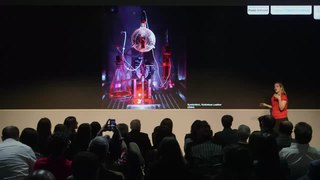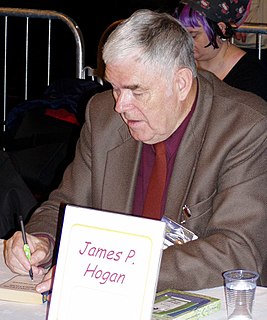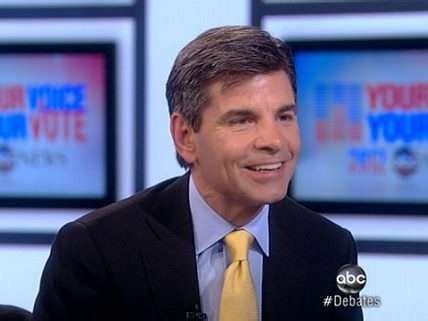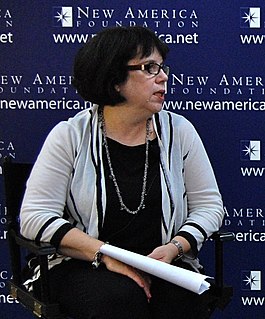A Quote by Jamie Hyneman
Children are just little scientists.
Quote Topics
Related Quotes
Scientists are the easiest to fool. ... They think in straight, predictable, directable, and therefore misdirectable, lines. The only world they know is the one where everything has a logical explanation and things are what they appear to be. Children and conjurors-they terrify me. Scientists are no problem; against them I feel quite confident.
The common idea that scientists reject a theory as soon as it leads to a contradiction is just not so. When they get something that works at all they plunge ahead with it and ignore its weak spots... scientists are just as bad as the rest of the public in following fads and being influenced by mass enthusiasm.
Beyond the Einsteins and Darwins, most scientists don't have chroniclers. Einstein and Darwin were geniuses - that helps. Many scientists do amazing stuff, but it just disappears into footnotes and dusty medical journals. If I were masochistic enough, I could spend the rest of my life rescuing scientists. Most of them aren't natural self-promoters.


































